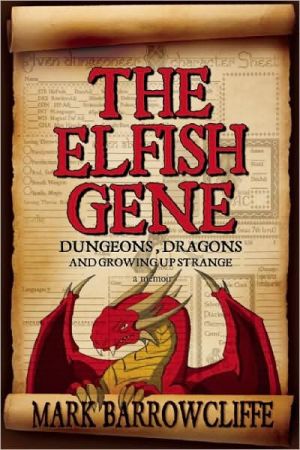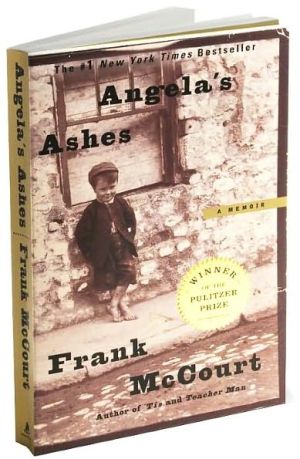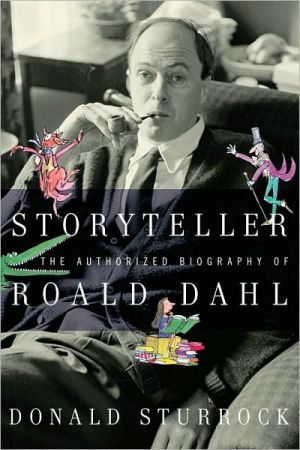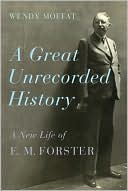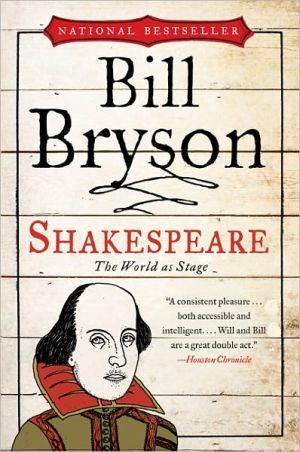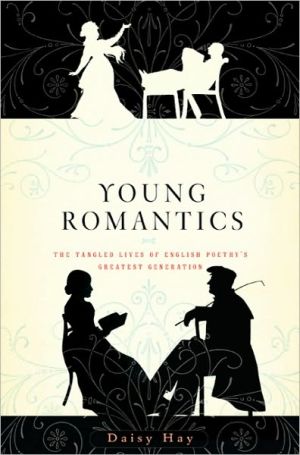The Elfish Gene: Dungeons, Dragons and Growing Up Strange
In the summer of 1976, twelve-year-old Mark Barrowcliffe had a chance to be normal. He blew it. While other teenagers were being coolly rebellious, Mark—and twenty million other boys in the 1970s and ’80s—chose to spend his adolescence pretending to be a warrior, an evil priest, or a dwarf. He had discovered Dungeons & Dragons, and his life would never be the same. No longer would he have to settle for being Mark Barrowcliffe, an ordinary awkward teenager from working-class Coventry,...
Search in google:
A laugh-out-loud funny memoir about a Dungeons & Dragons-addicted youth. Publishers Weekly As a 12-year-old in England in 1976, Barrowcliffe (Lucky Dog) made a fateful choice: he started playing Dungeons and Dragons. Role-playing games were just beginning their rise, and Barrowcliffe, along with 20 million other socially maladapted boys, spent his adolescence in dining rooms and basements as a druid, warrior or magician, throwing oddly shaped dice and slaying monsters. While D&D allowed Barrowcliffe to escape his mundane, much-bullied existence in an all-boys school, it also threw him into an equally cruel nerdiverse of Nazi wannabes, boys with nicknames like Rat and Chigger, and his polymath, Falstaffian best friend who once ate a still-frozen chicken pie on a bet. Barrowcliffe, whose own schoolboy nickname was "Spaz," wonderfully captures the insensitivity, insecurity and selfishness of the adolescent male. His eye for the oddities of 1970s British life is equally astute. At times, Barrowcliffe's relentlessly self-deprecating humor descends into a tedium of self-loathing. The book also loses some of its focus toward the end when D&D gives way to heavy metal clubs and tolerant girlfriends. However, these are minor imperfections when measured against the quality of the author's vision. Barrowcliffe renders all the comedy and sorrow of early manhood, when boys flee the wretchedness of their real status for a taste of power in imaginary domains. (Nov.)Copyright © Reed Business Information, a division of Reed Elsevier Inc. All rights reserved.
1 An Unhealthy Interest 12 The Last Sunshine 53 Come to Mordor, It's Nicer Than Where You Live 124 Lord of the Ring Binders 265 The Land of Shadow 366 A Journey in the Dark 537 Being Andy Porter 698 Pale Exile 829 A Conspiracy Unmasked 8710 A Light in the West 9211 A Suburban Dragon 10112 The Gathering of the Clouds 11113 An Unexpected Party 12214 Out, Daemon, Out! 13515 Vigils 14616 Pilgrimages 15117 Moonchild 16818 The Sorcerer's Apprentice 17619 In the Cave of the Svartmoot 18520 Time of the Hawklords 19421 Character Assassination 20222 The End of Days 21523 Girls and Other Non-human Creatures 22524 A Short Cut to Mushrooms 23125 The Worlds Collide 23926 The Breaking of the Fellowship 24727 Dabbling with Reality 25228 The Shadow of the Past 25929 The Lost Boys 26530 Homeward Bound 276
\ Publishers WeeklyAs a 12-year-old in England in 1976, Barrowcliffe (Lucky Dog) made a fateful choice: he started playing Dungeons and Dragons. Role-playing games were just beginning their rise, and Barrowcliffe, along with 20 million other socially maladapted boys, spent his adolescence in dining rooms and basements as a druid, warrior or magician, throwing oddly shaped dice and slaying monsters. While D&D allowed Barrowcliffe to escape his mundane, much-bullied existence in an all-boys school, it also threw him into an equally cruel nerdiverse of Nazi wannabes, boys with nicknames like Rat and Chigger, and his polymath, Falstaffian best friend who once ate a still-frozen chicken pie on a bet. Barrowcliffe, whose own schoolboy nickname was "Spaz," wonderfully captures the insensitivity, insecurity and selfishness of the adolescent male. His eye for the oddities of 1970s British life is equally astute. At times, Barrowcliffe's relentlessly self-deprecating humor descends into a tedium of self-loathing. The book also loses some of its focus toward the end when D&D gives way to heavy metal clubs and tolerant girlfriends. However, these are minor imperfections when measured against the quality of the author's vision. Barrowcliffe renders all the comedy and sorrow of early manhood, when boys flee the wretchedness of their real status for a taste of power in imaginary domains. (Nov.)\ Copyright © Reed Business Information, a division of Reed Elsevier Inc. All rights reserved.\ \ \ \ \ School Library JournalAdult/High School\ In this autobiography, Barrowcliffe tells the story of a self-proclaimed nerd living in 1970s Coventry, England; Dungeons & Dragons; and the boys who played it. He provides a humorous look into the world of fantasy role-playing at a time when computer RPGs didn't exist and people were forced to use their imaginations. He recounts his foray into the game, his struggle to belong, and what ultimately led to his "growing up." The writing is often self-deprecating and combines views on the city with detailed descriptions of the gaming sessions. Despite-or, in part, because of-the long descriptions of gaming, this book will appeal to those interested in the RPG phenomenon. The author's character development leaves readers with a strong sense of who these boys were and why they played the game. This book is ideal for anyone who is into fantasy role-playing or interested in the cultural and social implications of such games.-Kelliann Bogan, Colby-Sawyer College, New London, NH\ \ \ \ Kirkus ReviewsA reformed geek reflects on an adolescence spent slaying mythical creatures, much to the detriment of his social development. Growing up in Coventry, England, during the mid-1970s, Barrowcliffe (Infidelity for First-Time Fathers, 2002, etc.) was obsessed with Dungeons & Dragons. When other lads were discovering the subtle charms of the fairer sex, "Spaz," as he was (only somewhat) affectionately known to his fellow basement-dwelling denizens, was immersed in the recently released role-playing phenomenon that had made its way across the Atlantic and swept up the author and other social misfits in its wake. D&D, with its mystical worlds of sword-wielding warriors, magic spells and deadly creatures, enabled the author and his cohorts to escape from their distressingly mundane lives into a world in which they had the power to control their destinies-a welcome departure from reality, where they were outcasts at school and easy targets for bullies. For some-including the author-however, the game quickly progressed from welcome diversion to all-consuming obsession. As the game gained popularity, religious groups accused it of fueling interest in the occult and satanic rituals, but the main problem for the author was the extent to which it stunted his social growth and, until the spell was broken, precluded the chance to experience a "normal" life. Barrowcliffe's retrospective self-awareness is by turns poignant and amusing, though the level of detail he provides about the fantasy games and worlds of his youth may deter readers unfamiliar with the terminology and concepts they involve. Still, as fantasy movies dominate the box office, the author offers a timely, appropriate memoir of addictionrecovery. Not as captivating as the games it discusses, but worth a few hours holed up in the basement.\ \
